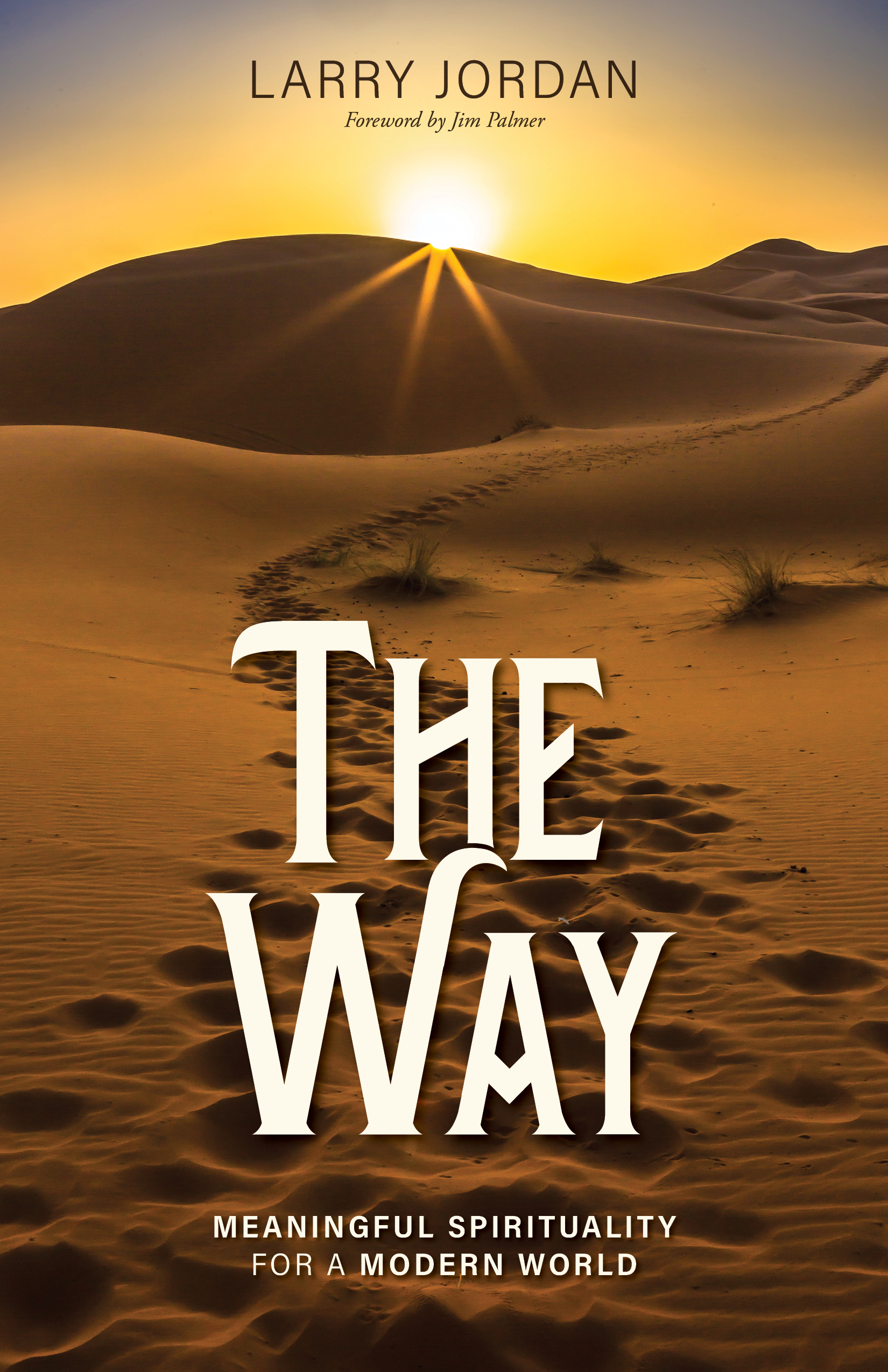A Minister, a Rabbi, and a Zen Teacher Walk into a Bookstore
A minister, a rabbi, and a Zen teacher walk into a bookstore. If this is the setup for a corny joke, then the punchline is that they all like the same book.
In the coming weeks, I expect to receive endorsements from a number of spiritual leaders from a variety of spiritual traditions. This is as it should be, since the book is about the perennial philosophy, the common philosophy that some say underlies all of the major traditions.
Sometimes, people will ask why my book is called The Way. Most Buddhists, Hindus, and Taoists like the title, because much Eastern spirituality is inclusive. Some Christians don't like the title, because much Western spirituality is exclusive, as if there is only one way, and as if it is a narrow way, at that.
In the foreword, author and spiritual director Jim Palmer astutely observes, "Do not mistake the title, The Way, as an arrogant claim to absolute truth. The title rightfully identifies the fact that a broad spectrum of fields of knowledge and investigation has produced a unified understanding of ultimate reality, even if different language is used to describe it."
Most people who insist that their religion is the best religion have never explored other traditions. Do you know folks who insist that their state is the best state, even though they have never lived in (or, possibly, even visited) another state?
This is a common perception in my adopted home state of Texas, despite its failing infrastructure, featureless geography, low wages, and punishing heat. (There are nice things to say about Texas, too, and about Arizona, Colorado, New York, Pennsylvania, and Virginia, where I also lived.)
Is there really such a thing as the "best" state? Best for whom? Compared to what? Why do people live in 49 other states and enjoy them?
Almost everyone who pursues a broad and deep exploration of other traditions will be moved by the compassion of Christianity, the devotion of Islam, the intellectual rigor of Judaism, the earthy practicality of Buddhism, and the rich vocabulary of Hinduism.
Is there really such a thing as the "best" religion? Best for whom? Compared to what? Why do people practice in 50,000 other religions and enjoy them?
A religion is a perspective on the great Mystery. If we codify and refine and solidify our beliefs, we have not codified or refined or solidified the Mystery. Buddhists distinguish between the finger pointing at the moon (our beliefs and practices) and the moon itself (the Mystery.)
Let's get back to the bookstore. Why would a minister, a rabbi, and a Zen teacher like the same book? Readers say that The Way is clear, fair, and kind, and that it leaves room for people with different beliefs or no beliefs at all. More people are finding community and practice outside of religion.
All religions are cultural, and our worldviews determine how we perceive God. Most people know very little about their own religions and almost nothing about other religions. Several Christian ministers say that the book taught them some things that they never learned in seminary.
When we learn about our beliefs and others' beliefs, we realize that there are different ways of seeing the Mystery and we recognize the common themes. Several Christian readers say that the book helps them to understand their religions and other religions (and to be better Christians.)
Christianity advances some speculative beliefs, supernatural claims, and unkind doctrines that many people find troublesome. Several Christian readers say that the book clarified their questions, connected the dots, and raised some questions that they have never considered.
At the end of the day, most of us curious about the big questions, such as how was the Universe created, how did life begin, how did consciousness arise, do we have selves or souls or free will, what is the meaning of life, and what happens to us when we die?
The more that we understand our own beliefs and others' beliefs, the more that we transform ourselves, our families, our communities, and our world.
Of course, no book (and no religion) can answer any or all of these questions in a definitive way, but The Way offers plenty of food for thought.
The Way: Meaningful Spirituality for a Modern World is available for pre-order here:
https://www.amazon.com/Way-Meaningful-Spirituality-Modern-World-ebook/dp/B0CGCG1FMG/ref=sr_1_1?crid=N7G22D6I88X0&keywords=the+way+larry+jordan&qid=1693239554&s=digital-text&sprefix=the+way+larry+jordan%2Cdigital-text%2C139&sr=1-1

